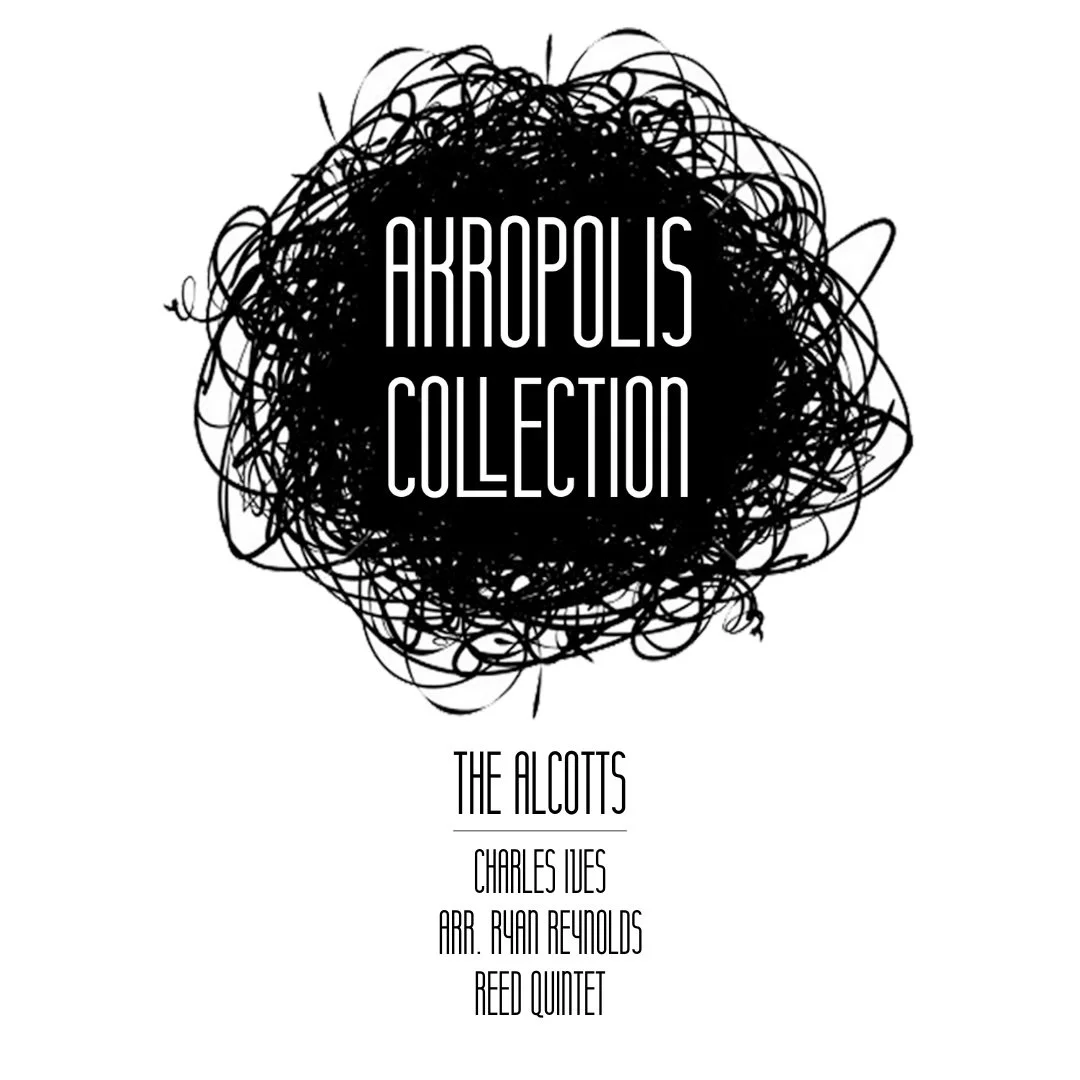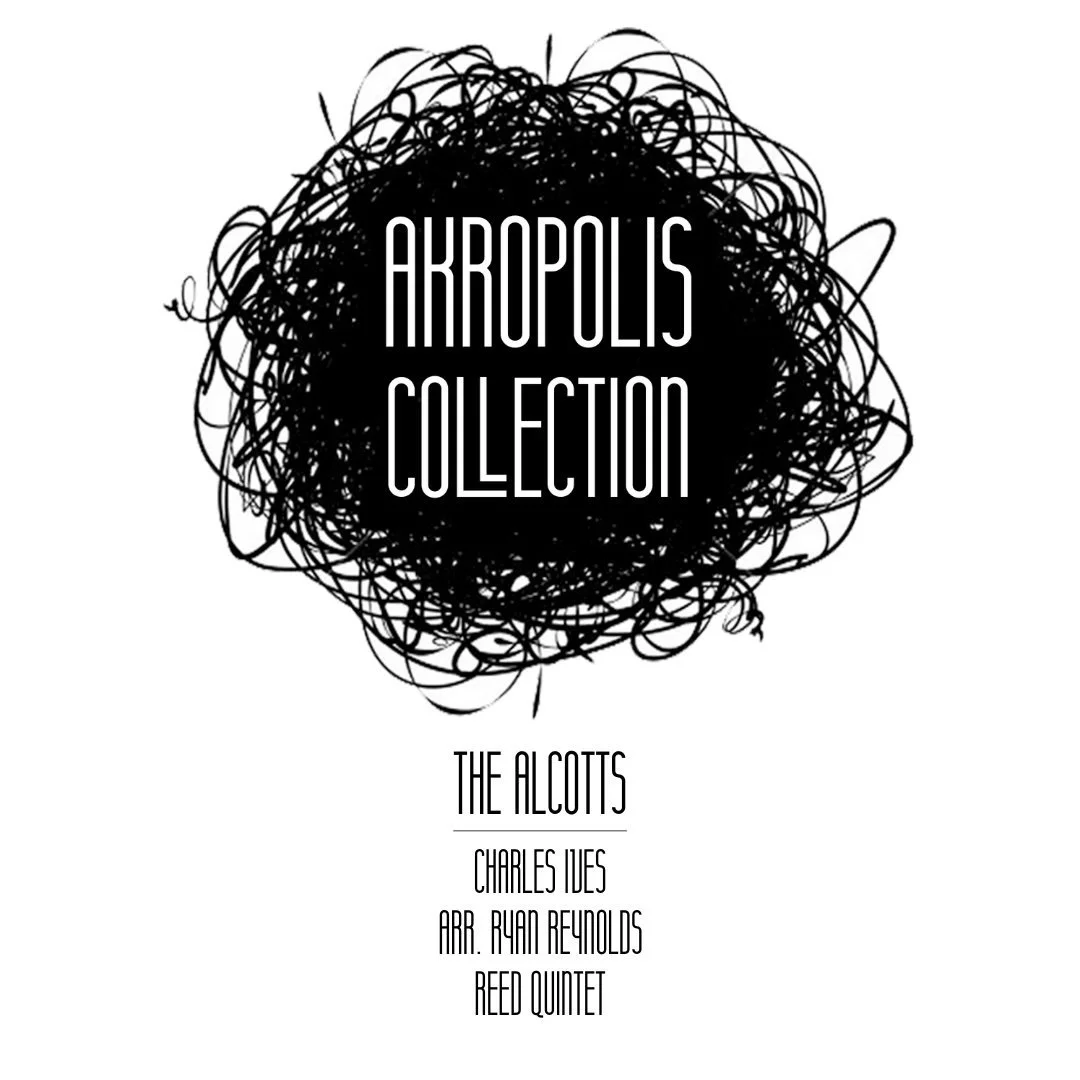Licensing Information
This license is for libraries and institutions. It allows for one physical print copy of this sheet music to be made and housed in a physical collection, in accordance with our Print Licensing Terms. If more than one print copy is needed at a time, the institution must purchase an equivalent number of digital licenses to cover those copies. This license does not allow digital distribution. For full details, please see our Print Licensing Terms & Conditions.
Invoicing
To arrange payment by invoice, please email info@akropolisquintet.org with either a list of the items you’d like to purchase or a completed copy of our downloadable catalog order form. Items may also be purchased directly through our website by adding them to your cart, with payment due at checkout. For any other payment questions or requests, please contact us. We’re glad to assist.



